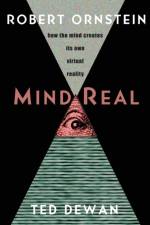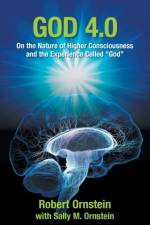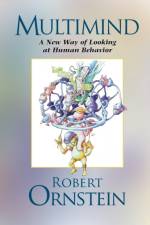- On the Nature of Higher Consciousness and the Experience Called God
von Robert Ornstein
29,00 €
A stunning unification of science and tradition for a revolutionary new concept of spirituality to address the challenges of the modern world. The book explores how our "everyday" mind works as a device for selecting just a few parts of the outside reality that are important for our survival. We don't experience the world as it is, but as a virtual reality - a small, limited system that evolved to keep us safe and ensure our survival. This system, though essential for getting us safely across a busy street, is insufficient for understanding and solving the challenges of the modern world. But we are also endowed with a quiescent "second network" of cognition that, when activated, can dissolve or break through the barriers of ordinary consciousness. We all experience this activation to some degree, when we suddenly see a solution to a problem or have an intuitive or creative insight - when we connect to a larger whole beyond the self. By combining ancient teachings with modern science, we have a new psychology of spiritual experience - the knowledge to explore how this second network can be developed and stabilized. The authors take care to differentiate this development from temporary trance experiences or from overloading the brain with drugs, dancing, drumming or other practices. Instead, they emphasize the need to reflect on and explicate, both individually and collectively, the functional value of virtues such as generosity, humility and gratitude, and of service. These attitudes and activities shift brain function away from the self and toward an expanded consciousness - an experience of the world's greater interconnectedness and unity and an understanding of one's place in it. Neither an academic tome nor a religious treatise, God 4.0 is a comprehensive, thoroughly researched work addressed to inquisitive, openminded people genuinely trying to understand life and meaning. It is written for critical thinkers; for readers of news, history, biography and science who seek more from life than is accessible through any one of these disciplines; for people who may find religion as they've encountered it to be unsatisfactory. The authors neither advocate nor dismiss organized religion, but contend that knowledge we have now of how higher consciousness happens in the brain allows us to move beyond faith, belief and ritual to a direct experience of self-transcendence, which has been called "seeing God." Developing this innate second system of perception could be the first step toward finding the vital common ground that reconciles science, religion and spirituality, allowing us to solve our global problems as we work toward a new spiritual literacy and enter a new era - God 4.0.












